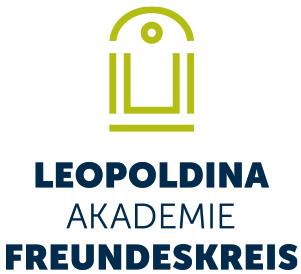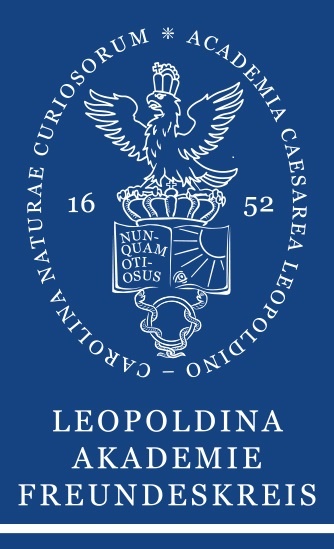On the 10th of May 2022, the National Academy of Sciences Leopoldina and the Leopoldina Academy Circle of Friends invite you to a joint spring reception.
At the event, the Schleiden-Medal 2021 will be presented to Prof. Dr Nikolaus Pfanner. The National Academy of Sciences Leopoldina honours Nikolaus Pfanner with the Schleiden-Medal. The physician and cell biologist receives this honour for his outstanding scientific work on the structure and function of mitochondria.
Prof. Dr. Nikolaus Pfanner (born 1956) is a medical doctor and cell biologist. He has made a decisive contribution to understanding the membrane system of mitochondria. Mitochondria are functional components of cells. They are also called the powerhouse of the cell because they produce a large part of the energy-rich adenosine triphosphate (ATP) of the cells. In addition, they play an important role in many other metabolic processes and in programmed cell death. Nikolaus Pfanner was the first person in the world to decipher the composition of these cell organelles with his research team by analysing the entirety of the proteins found in them, the proteome. In addition, he gained many insights into how proteins that are active in the cellular powerhouses reach their place of action. For of the more than 1,000 proteins that occur in mitochondria and are needed for their diverse functions, only a fraction are created on the basis of the mitochondria's own genetic information. For about 99 per cent, the building instructions are located in the cell nucleus, they are produced in the cell fluid and then enter the cellular power plants. The two membranes of the mitochondria play an important role on this path. Nikolaus Pfanner identified receptors, transport channels and complex sorting mechanisms in them. He found out which proteins make up membrane transport machinery and how they are regulated. Many of his findings have found their way into textbooks on cell biology and biochemistry. In addition, he has contributed to the understanding of diseases, since malfunctions of protein transport can lead to serious diseases, especially of the nervous system and the musculature.
Nikolaus Pfanner studied medicine in Munich and already worked on mitochondrial protein import there as part of his doctorate. After a research stay at Princeton University in the USA, he returned to Ludwig-Maximilians-Universität Munich as a group leader. In 1990 he habilitated in physiological chemistry. Since 1992, he has been Professor of Biochemistry at the Albert Ludwig University of Freiburg and Director at the Institute of Biochemistry and Molecular Biology of the Medical Faculty. Pfanner has been a member of the Leopoldina since 2000. He has received several awards for his research findings, including the Max Planck Research Prize in 2002, the Gottfried-Wilhelm-Leibniz Prize in 2004, the Baden-Württemberg State Research Prize in 2008, the US Stein and Moore Award in 2014 and the Otto Warburg Medal in 2015. His numerous publications have already been cited more than 27,000 times by professional colleagues.
The Schleiden Medal is named after the Academy member Matthias Jacob Schleiden (1804-1881). The botanist is one of the founders of cell theory. The medal has been awarded by the Leopoldina since 1955 for outstanding findings in the field of cell biology.
The Leopoldina on Twitter: www.twitter.com/leopoldina
About the National Academy of Sciences Leopoldina
As the National Academy of Sciences the Leopoldina provides independent science-based policy advice on socially relevant issues. To this end, the Academy prepares interdisciplinary statements based on scientific findings. These publications identify options for action; it is however the task of democratically legitimised politicians to decide on one. The experts who write statements work on an honorary basis and with an open mind. The Leopoldina represents German science in international bodies, including science-based advice for the annual G7 and G20 summits. It has 1,600 members from more than 30 countries and brings together expertise from almost all fields of research. It was founded in 1652 and became Germany's “Nationale Akademie der Wissenschaften” (National Academy of Sciences) in 2008. As an independent science academy, the Leopoldina is committed to the common good.
Contact:
Dr Jörg Beineke
Senior Scientific Coordinator
Tel.: +49 (0)345 472-39-954
Email: joerg.beineke@leopoldina.org

